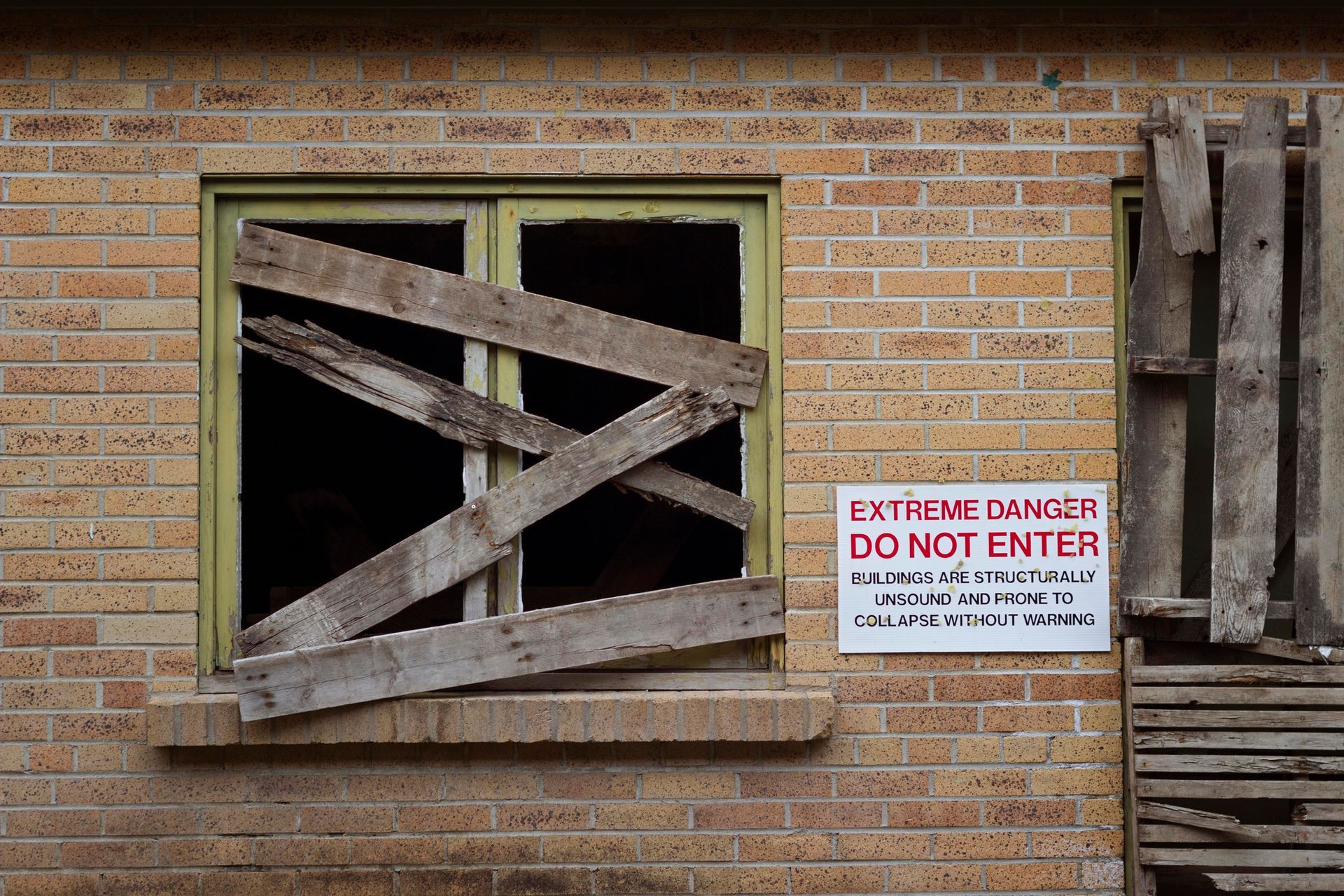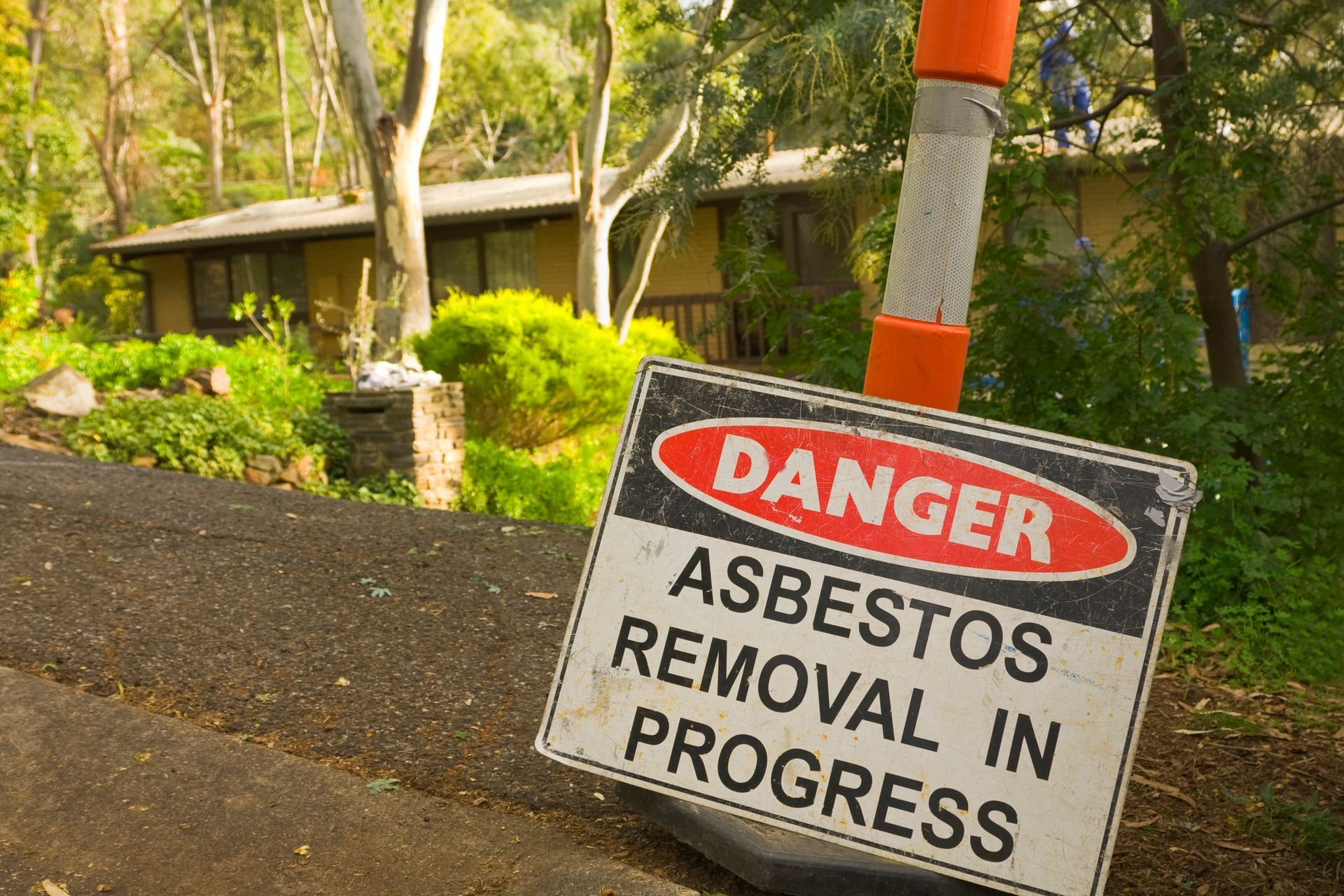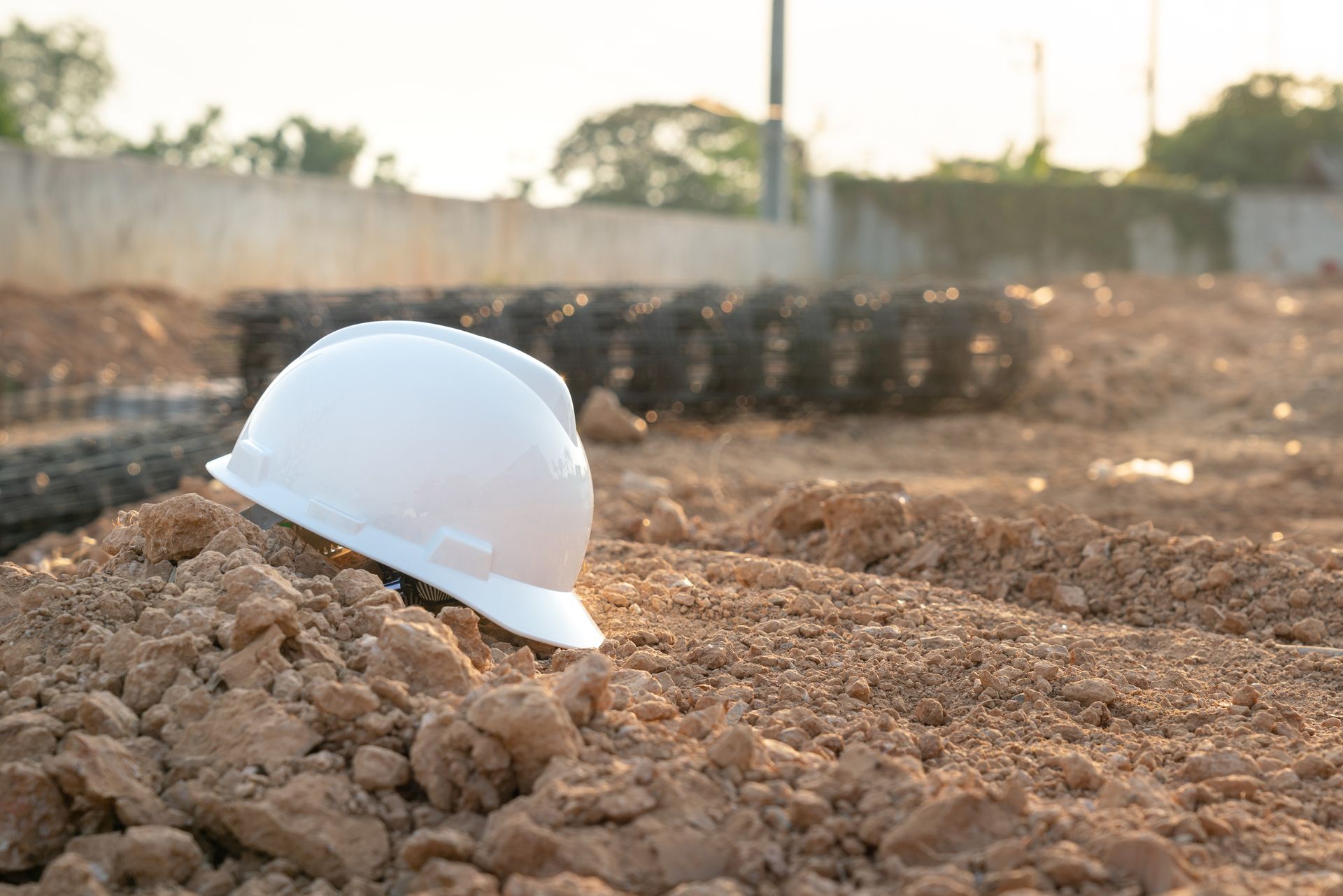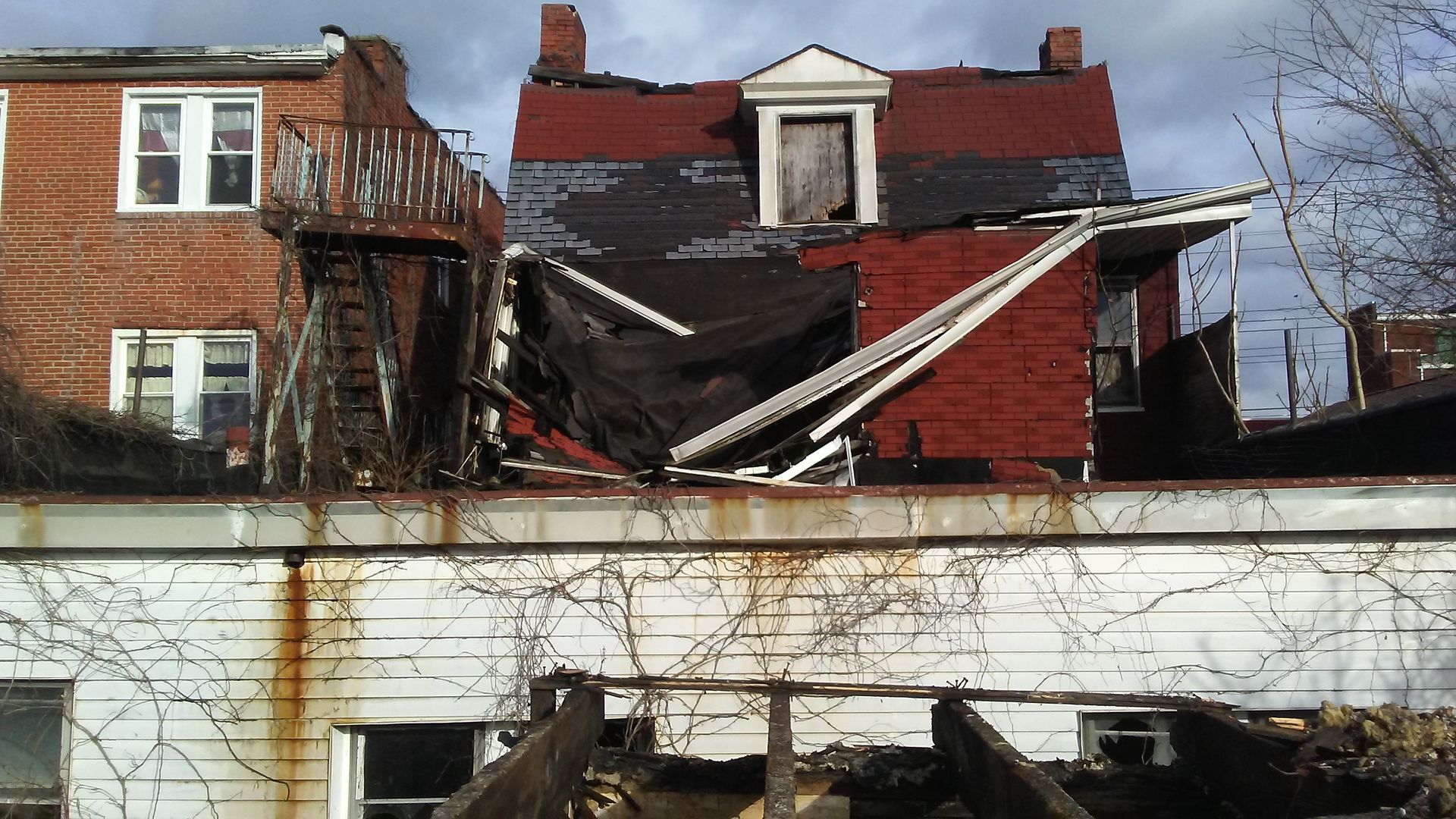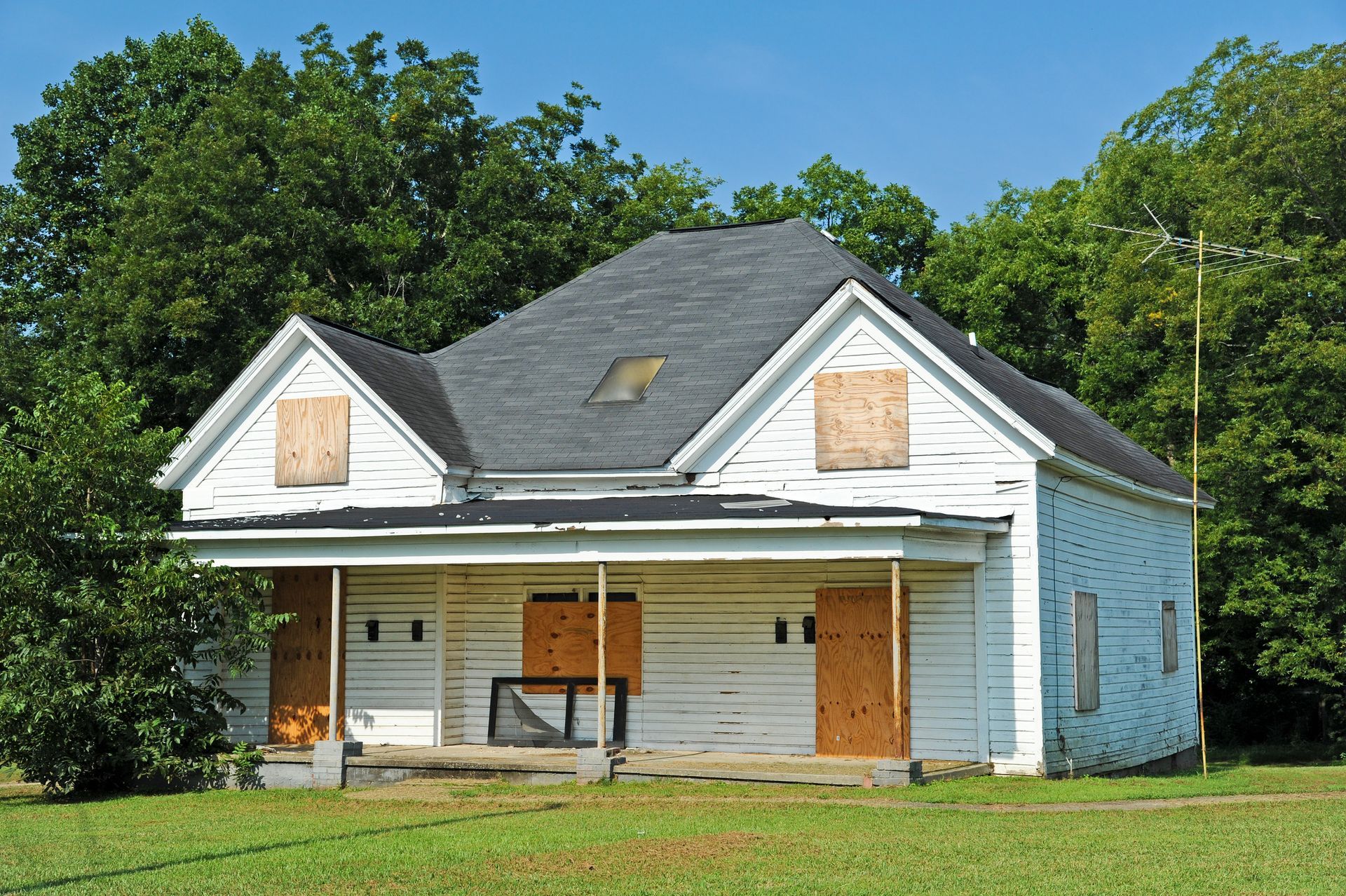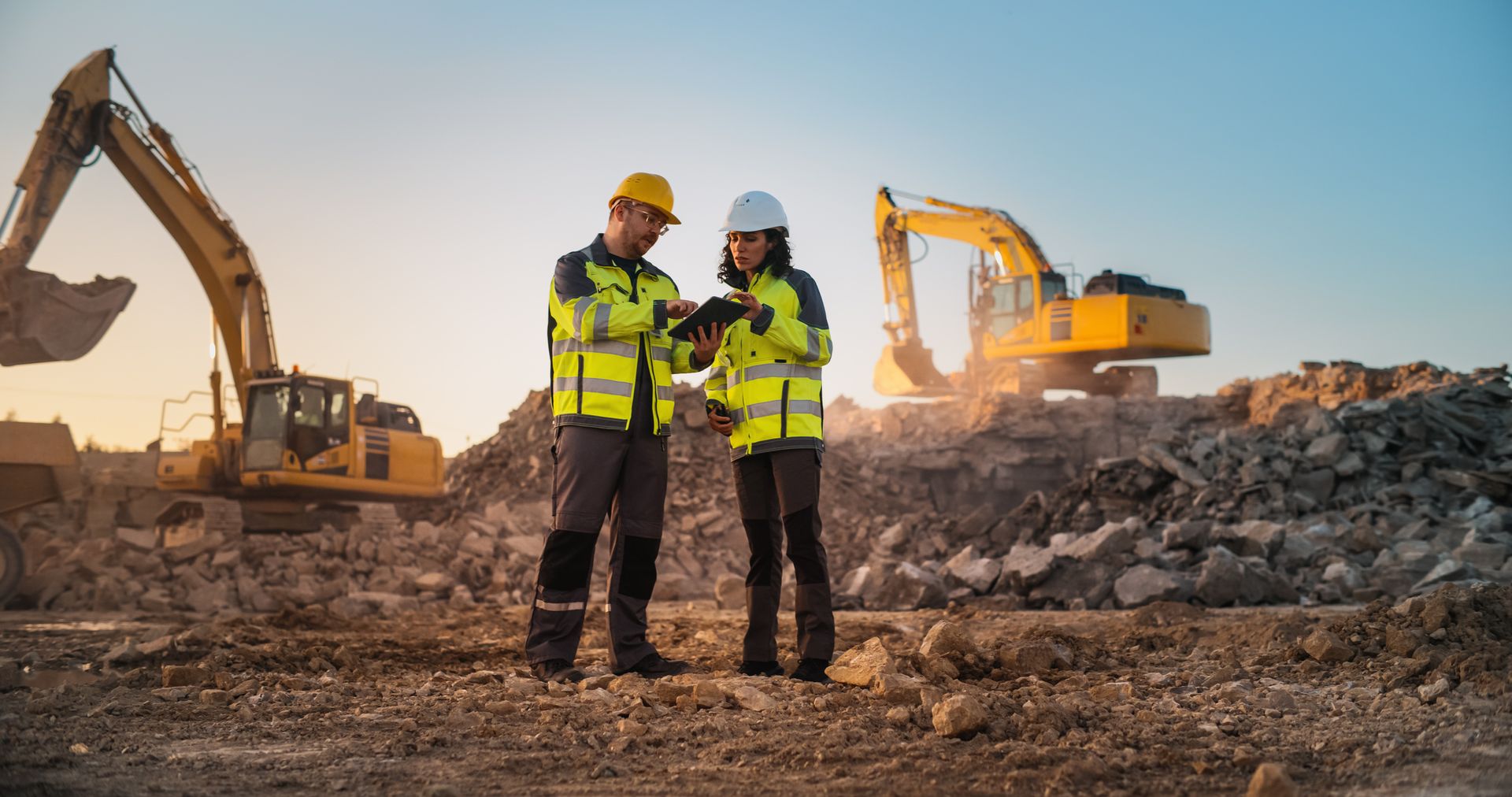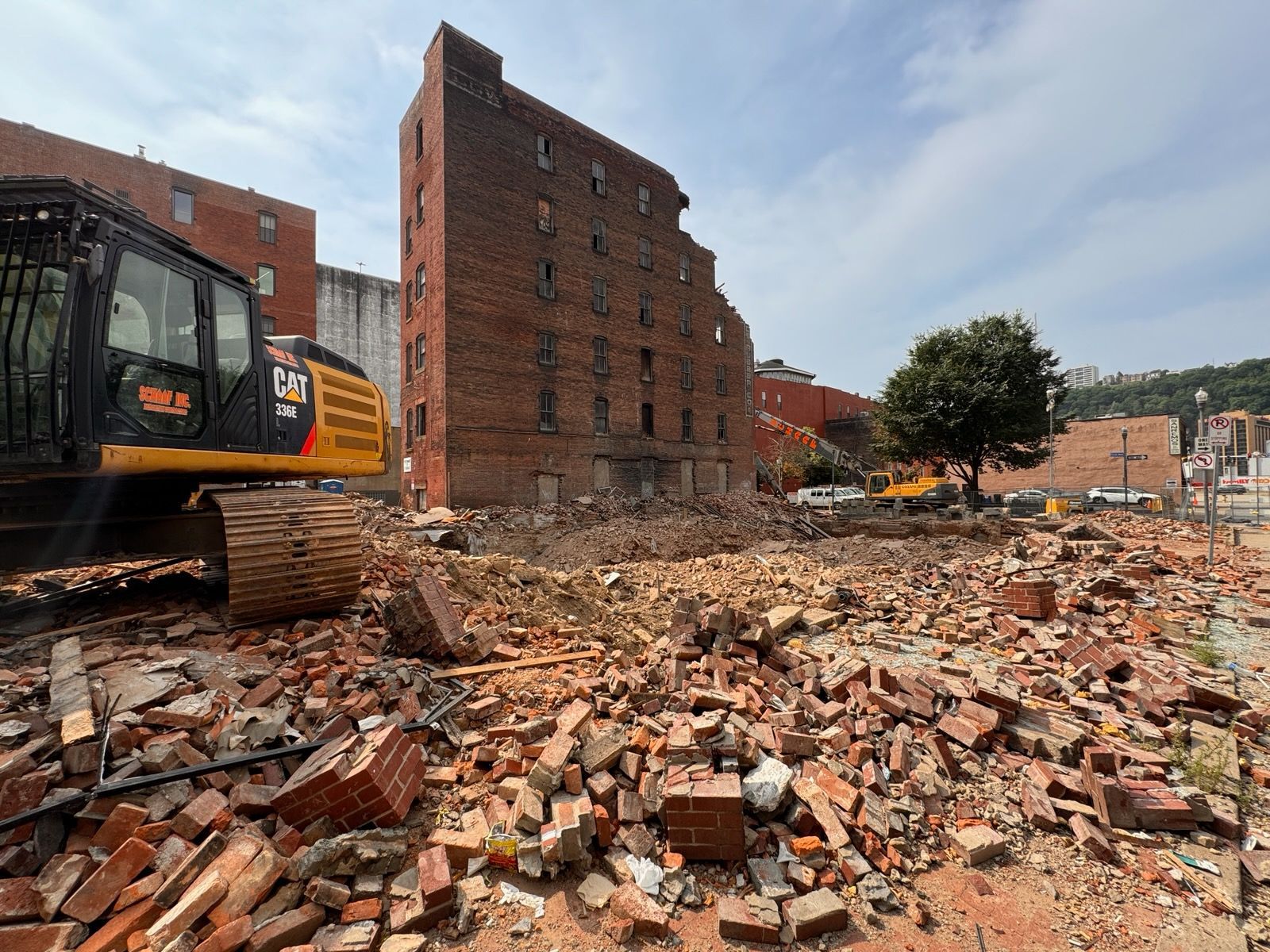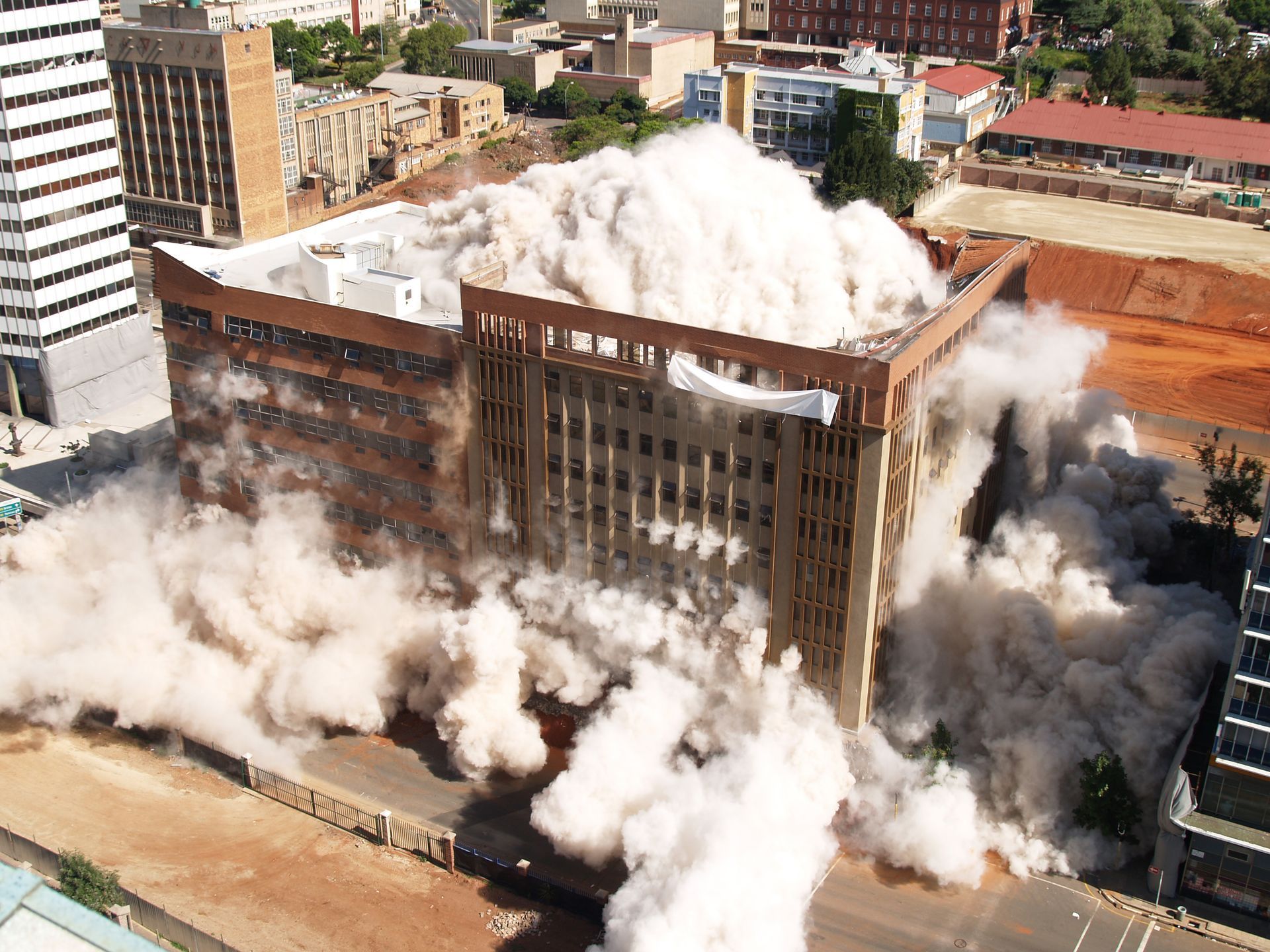Estimating and Analyzing Demolition Waste
Demolition projects, whether large or small, generate a substantial amount of waste. The ability to accurately estimate and analyze demolition waste is crucial for efficient project planning, cost management, and environmental responsibility. At Schaaf Excavating Contractors, we specialize in demolition and waste management, providing professional services that ensure your demolition project is handled safely, efficiently, and in an eco-friendly manner.
In this article, we’ll explore how to estimate demolition waste from buildings and analyze its components to optimize the process.
Why Estimating Demolition Waste Matters
When embarking on a demolition project, one of the first steps is estimating the amount of demolition waste that will be generated. This estimate is essential for several reasons:
Cost management: Proper estimates help contractors budget for waste disposal costs and select the right waste removal services.
Compliance: Many local governments, including those in Pennsylvania, have regulations regarding the disposal of demolition waste, and estimates ensure compliance with these rules.
Environmental impact: Accurate estimates enable better recycling and reuse strategies, reducing the environmental footprint of the project.
At Schaaf Excavating Contractors, we provide detailed waste estimates as part of our demolition services. This helps our clients manage costs and ensure that waste is handled in the most responsible way possible.
Key Components of Demolition Waste
Concrete and Masonry
Concrete and masonry waste typically make up the largest portion of demolition debris from buildings. This material is heavy and requires careful disposal planning. However, concrete and masonry are also highly recyclable. At Schaaf Excavating Contractors, we can crush and reuse concrete as aggregate in future construction projects, significantly reducing waste.
Wood and Timber
Wood is another common component of demolition waste. While untreated wood can be reused or recycled, painted or treated wood may need special disposal due to chemical content. Accurate waste estimation allows us to separate reusable wood from waste that requires disposal.
Metals
Steel, iron, aluminum, and copper are frequently found in building structures. These materials are not only recyclable but also valuable, making it essential to separate them from other types of demolition waste. Schaaf Excavating Contractors can help recover these metals efficiently, turning waste into valuable resources.
Glass and Plastics
Glass and plastics are typically found in windows, doors, and insulation materials. While these components can be challenging to recycle, identifying them early in the project allows us to arrange for specialized recycling or safe disposal. Estimating the volume of glass and plastics helps reduce landfill contributions and improve recycling rates.
Hazardous Materials
Old buildings often contain hazardous materials such as asbestos, lead paint, or certain chemicals. These require special handling and disposal. At Schaaf Excavating Contractors, we provide hazardous material identification and removal services, ensuring your demolition waste complies with environmental safety standards.
Steps to Estimate Demolition Waste
Conduct a Building Survey
Before any demolition begins, a thorough survey of the building should be conducted. This includes assessing the types of materials used, the structure’s size, and any potential hazardous materials present. This step is essential in creating an accurate estimate of demolition waste.
At Schaaf Excavating Contractors, we conduct comprehensive building surveys as part of our demolition planning services. Our experienced team carefully evaluates the building to identify all potential waste streams.
Use Volume-Based Calculations
A common method for estimating demolition waste is calculating the volume of the building's materials. This method involves measuring the dimensions of key components like walls, floors, and roofs, then multiplying by an estimated material density. Volume-based calculations help project the total amount of debris that will need to be removed.
For example:
A concrete wall can be measured for height, width, and depth, with the volume calculated in cubic meters. This is then multiplied by the density of concrete to estimate the weight of demolition waste generated.
Similar calculations are used for wood, metal, and other materials.
We at Schaaf Excavating Contractors use advanced tools to perform precise volume-based estimates, ensuring that no aspect of waste management is overlooked.
Consider the Waste Conversion Factors
Each material has its own waste conversion factor, which helps translate the volume of material into weight. These factors take into account how much of each material will become demolition waste and how much can be reused or recycled. Common conversion factors include:
Concrete: 2.4 tons per cubic meter
Wood: 0.6 tons per cubic meter
Metal: 7.8 tons per cubic meter (depending on the type of metal)
Understanding these factors allows us to provide more accurate estimates and identify which materials are most suitable for recycling. Schaaf Excavating Contractors uses these conversion factors to generate accurate waste estimates, helping clients plan for both disposal and recycling needs.
Analyzing and Managing Demolition Waste
Sorting and Separation
Effective demolition waste management requires proper sorting and separation of materials. By separating recyclables like concrete, metals, and wood from hazardous or non-recyclable materials, the amount of waste sent to landfills is minimized.
At Schaaf Excavating Contractors, we prioritize recycling and reusing materials whenever possible. Our team is skilled in sorting demolition waste on-site, ensuring that recyclable materials are processed properly, while hazardous materials are disposed of safely.
Recycling and Reuse
One of the best ways to minimize the environmental impact of demolition projects is by maximizing recycling and reuse. Materials like concrete, steel, and wood can often be repurposed in future construction projects, saving both resources and costs.
Our demolition services at Schaaf Excavating Contractors focus heavily on sustainability. We partner with local recycling centers to ensure that as much demolition waste as possible is diverted from landfills.
Disposal of Non-Recyclable Waste
Unfortunately, not all demolition waste can be recycled. Materials like certain plastics, glass, and hazardous substances often require disposal in specialized landfills or treatment facilities. Proper disposal is essential for ensuring compliance with environmental regulations.
We handle all aspects of demolition waste disposal at Schaaf Excavating Contractors, ensuring that non-recyclable waste is dealt with according to the highest safety and environmental standards.
How Schaaf Excavating Contractors Can Help
At Schaaf Excavating Contractors, we offer comprehensive demolition and waste management services, including:
- Building surveys to estimate waste and identify recyclable materials
- Waste separation to maximize recycling and reduce landfill contributions
- Hazardous material removal to ensure safe and compliant disposal
- Efficient debris removal using advanced equipment and techniques
- Recycling partnerships to ensure sustainable waste management practices
Our expertise in demolition waste management ensures that your project is completed efficiently and in an environmentally responsible manner. From estimating waste to managing debris, Schaaf Excavating Contractors is your trusted partner for all your demolition needs in Pittsburgh.
Accurately estimating and analyzing demolition waste is critical to the success of any demolition project. By following best practices in estimation, sorting, and recycling, you can reduce costs, comply with environmental regulations, and minimize the impact of your project on the environment.
If you’re planning a demolition and need expert assistance in managing the waste, contact Schaaf Excavating Contractors today. We provide professional demolition services that prioritize safety, efficiency, and sustainability. Let us handle your demolition waste with precision and care.

Author: Tim Schaaf
Owner & Founder of Schaaf Excavating Contractors.
